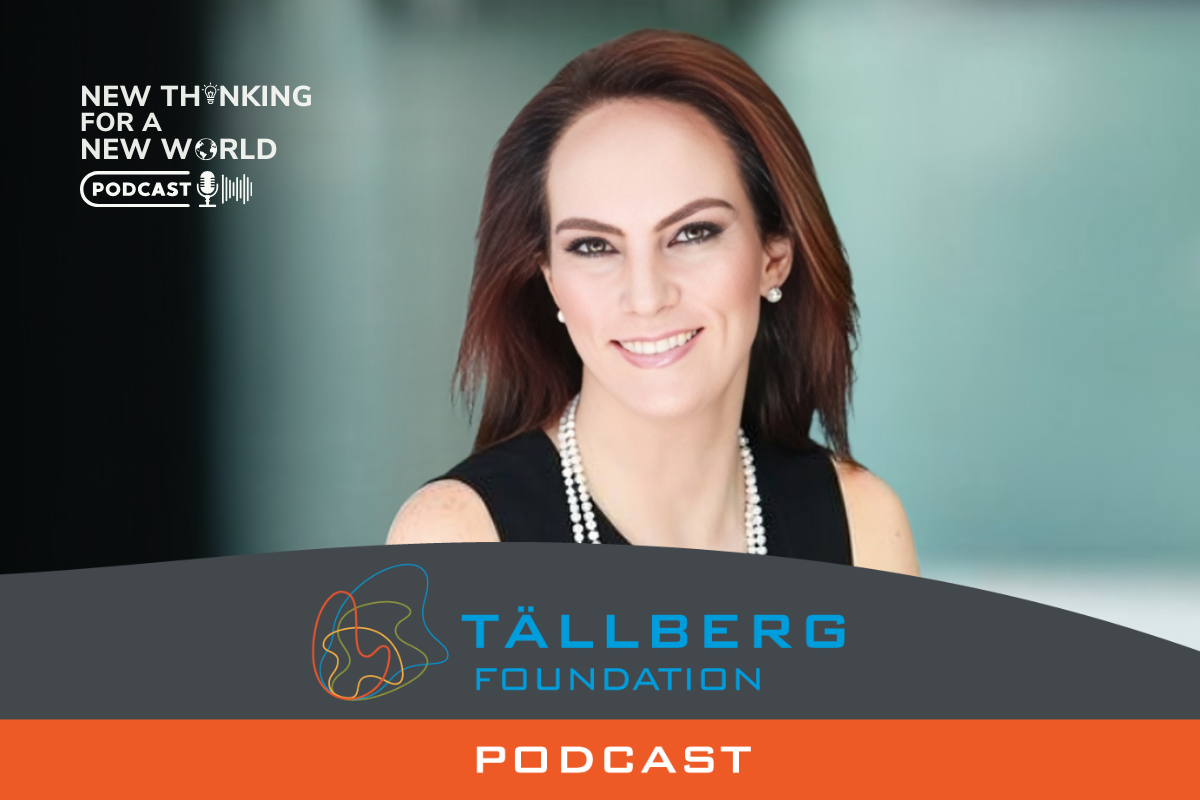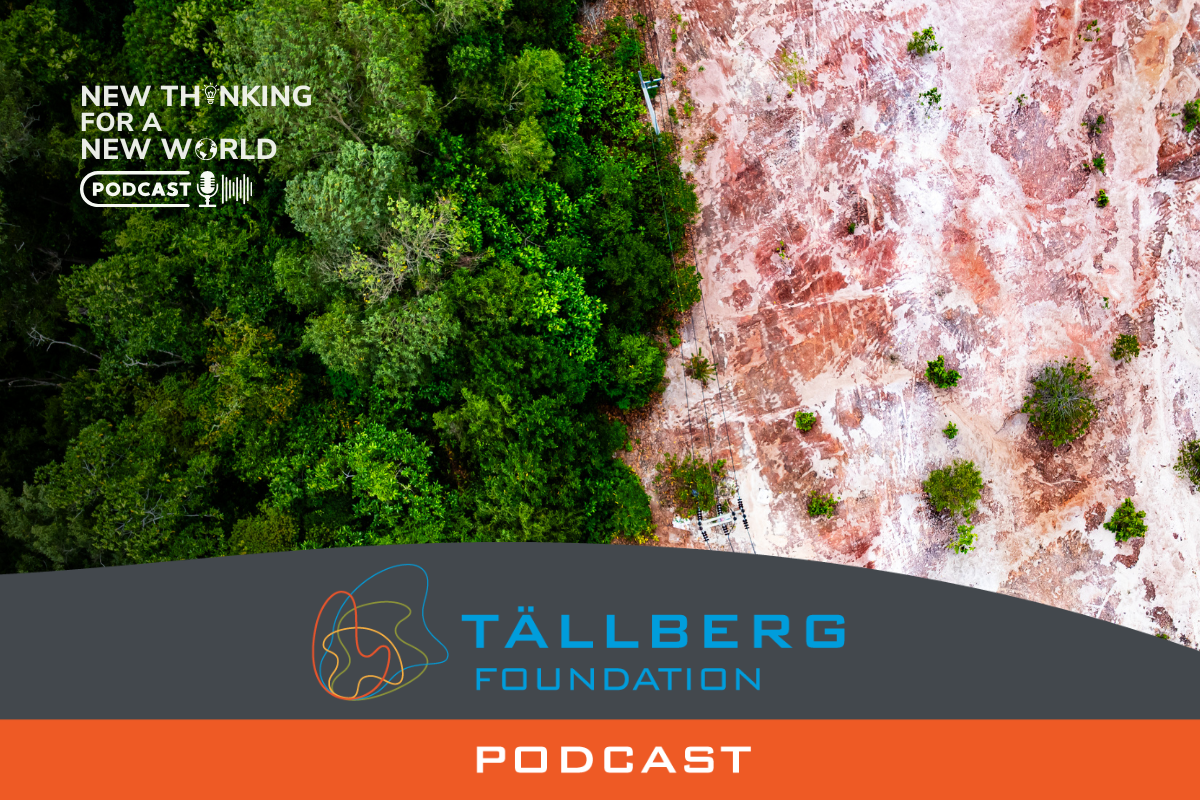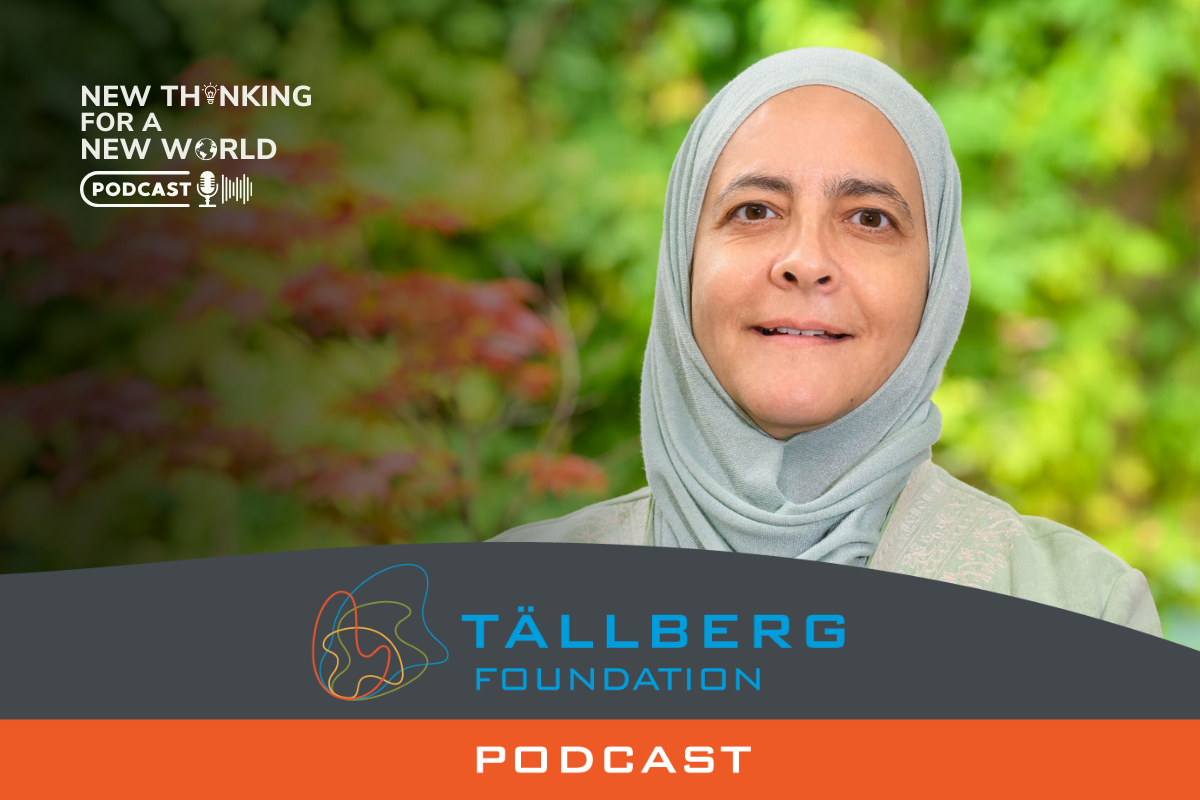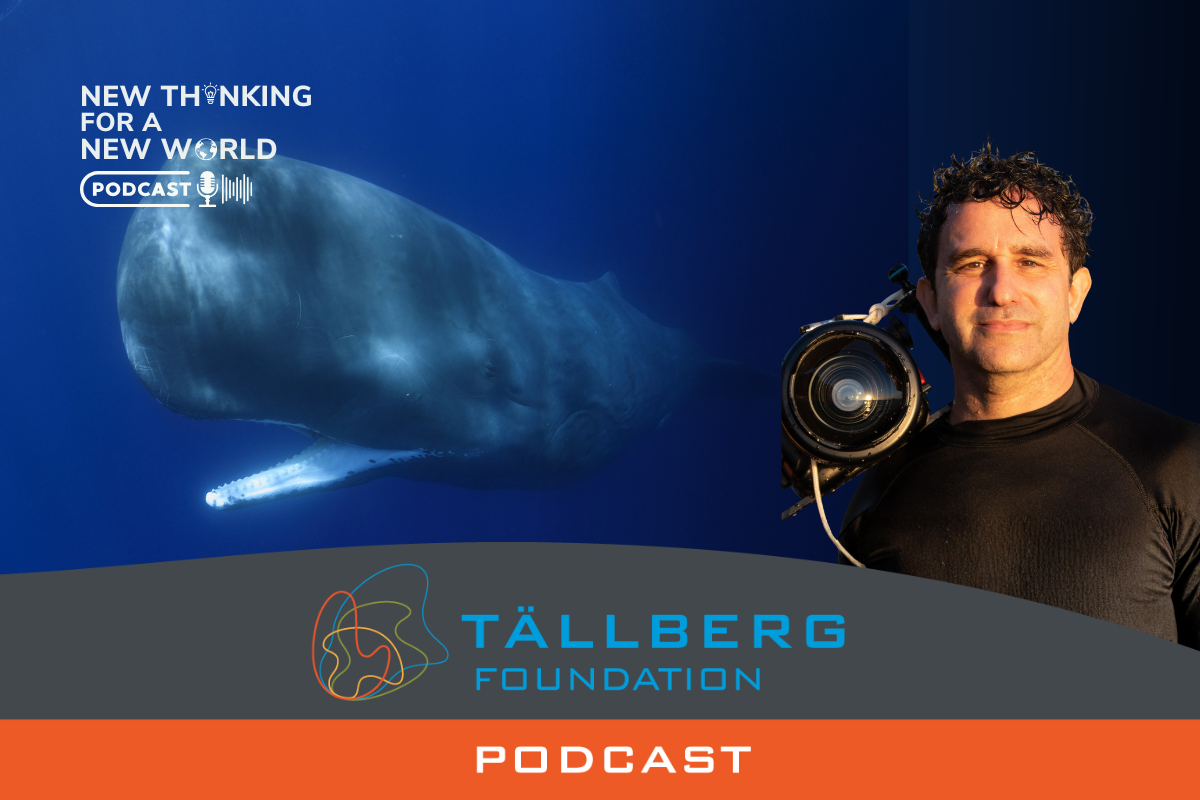Global meetings on climate change almost always turn on two factors: political will and money. Even when the will is present, the money is not—and the result for decades has been the seemingly endless, accelerating slide toward a hotter, more volatile, climate.
Each year the big international climate meetings like the 2025 COP to be held in Belém, Brazil in November produce ever larger estimates of the financing needed to move away from fossil fuels, to compensate developing countries for loss and damage, to sustain biodiversity, etc. Each year governments are more and more stretched to meet growing social, defense, and endless other needs and less and less willing to even to pretend they can find the vast sums needed to slow, stop, or reverse the climate change spiral.
That only leaves the private sector as source of finance. However, many climate activists distrust private capital or seek to create conditions that deny businesses the opportunity to earn competitive returns on their investments. But without private money OR enough public money…there simply isn’t enough money.
So, whether or not it’s possible for a profit making enterprise to do the right things for the environment while making a decent return on their investment is critical to the future of the planet.
For insight, we went to the front lines of climate change, the Congo River Basin, one of the two “lungs” of the planet. SODEFOR is a forestry company in the Democratic Republic of Congo, that manages a million hectares of forest. They have a well documented record of operating legally and responsibly in the rainforest. Tânia Trindade plays a key role in managing the company’s commitment to its shareholders as well as to the planet; she deeply believes that SODEFOR can do both.
Listen as she describes the challenges of operating in a complex environment as SODEFOR tries to do good and to do well at the same time.
What do you think: if the public sector won’t find the resources to mitigate climate change, is there a viable role for the private sector? Or should we just give up?
***
Tania and Alan spoke at the “Two Basins Workshop: Integrating Nature and Governance” in Cartagena, Colombia. The workshop was made possible by Tällberg Foundation’s lead supporter, the Stavros Niarchos Foundation (SNF).
***
Find the New Thinking for a New World podcast on a platform of your choice (Apple podcast, Spotify, Google podcast, Youtube, etc.)
ABOUT OUR GUEST
Tânia Trindade is Strategic Adviser to the CEO of SODEFOR, a major forestry company in the Democratic Republic of Congo. She leads high-level decision-making, government and community engagement, and strategic initiatives focused on sustainable forestry and conservation.
Originally trained as an aerospace engineer at Portugal’s Instituto Superior Técnico, Tânia transitioned from managing global aerospace and smart grid projects to working in forestry. Over the past decade in the DRC, she has overseen social and environmental programs, led logistics and operations, and helped launch KFBS, a forest conservation company advancing the group’s sustainability goals.
Tânia’s work bridges technical acumen with a deep commitment to environmental stewardship and community resilience in one of the world’s most critical ecosystems.




The private sector has crucial and viable role in mitigating climate change, even if the public sector funding is insufficient. Though the public sector funding is essential, the private sector can mobilise significant capital, develop innovative technologies and drive market-based solutions. Giving up is not an option.
Take care of the world, the world will take care of you. Destroy the world, and the world will destroy you. So take action now for a better future.